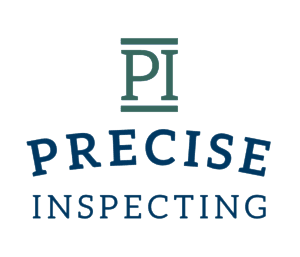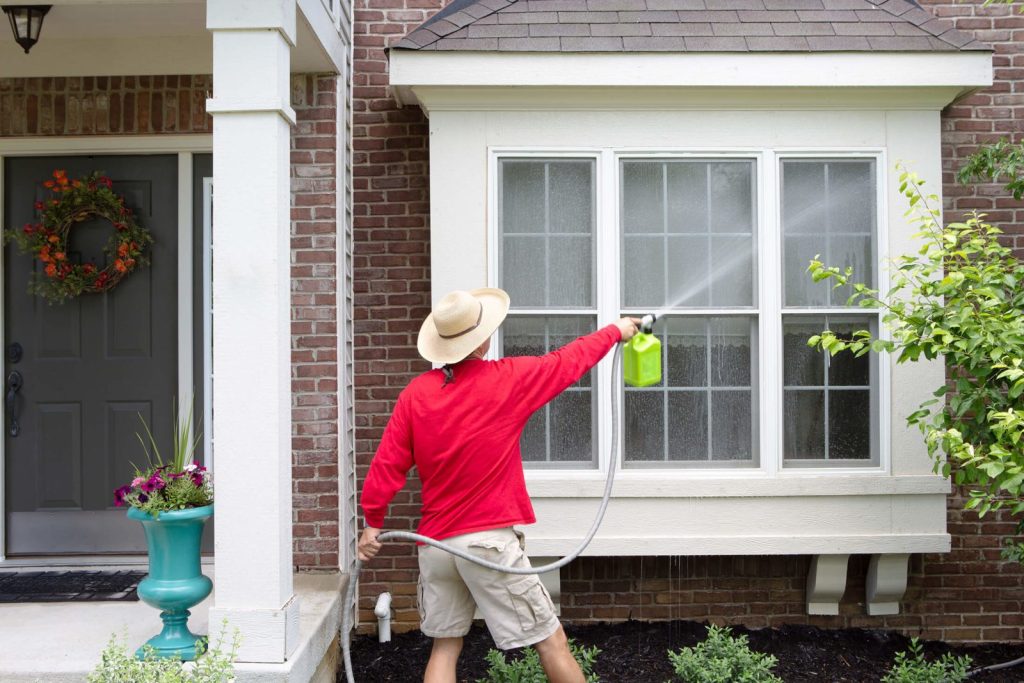Five Ways to Handle Any Home Repairs
Owning a home is not only about the bright, happy days — it’s also about the lows that come with major repairs.
They can cause stress and anxiety, but they can also be financially crippling if you are unprepared. Thankfully, you can take steps now to protect yourself.
Give Yourself a Buffer
We cannot predict everything that can happen in life, least of all repairs when we are homeowners. This can be a significant expense that could result in a desperate response, such as resorting to credit cards or not paying other bills on time.
One of the best safeguards for your home, beyond applying for a loan, is to build up emergency savings. Of course, you’ll need to figure out how much you need. Start with a manageable savings goal and examine your incomings and outgoings to see where you can make adjustments.
You may find that budgetary changes are sufficient, but there are other options to consider, from selling unwanted possessions to doing odd jobs or even online surveys.
Research Insurance
Having home insurance can offer valuable protection, but it may not cover all types of household damage. For instance, if the insurance company thinks that there has been any neglect, like minor repairs being overlooked, they may not provide support.
This can also be true of mold outbreaks (a major mold-removal project could cost up to $30,000) or power outages that overload appliances. In fact, your home may be covered by a policy that doesn’t extend to natural disasters, such as flooding and earthquakes, which can be a shock when something catastrophic happens.
So, while insurance is indispensable, double-check that your coverage meets your needs.
Don’t Let Little Problems Escalate
Major home repairs don’t always start off big and can begin with something as trivial as a small bathroom leak. Yet, though they may only seem like an annoyance, they could deeply impact your finances if left to fester.
If you encounter an issue, deal with it promptly and decide whether DIY or professional help is the answer. You will have to balance hiring costs with the potential expenses of a DIY error and whether you could devote the necessary time to complete repairs swiftly.
If you are experienced or feel confident, consider taking on a minor repair to nip the problem in the bud. Otherwise, look to experts for quick repairs, especially on major items like appliances or your HVAC system.
Choosing a Contractor
When there is no alternative to professional help, choosing a contractor presents its own challenges. After all, you need to be certain that they are reputable, affordable, and that repairs will be high-quality.
You don’t want to spend money only to find that their work made things worse. Given this, don’t let up with background checks, even if that means contacting the Better Business Bureau, and be wary of online reviews. While their insight can be helpful, you cannot be certain that they are authentic.
As well, be on the lookout for warning signs, such as a contractor avoiding a written contract and warranty, or asking for money before commencing work. No reputable professional will make any such requests until the job is finished.
Know Your Home
Not everyone enjoys DIY, and minor problems may not always be intuitive to repair, but maintenance means more than that. In fact, knowing how to clean your HVAC system, and switch out the air filter, can help out in between scheduled professional checkups.
Equally, plumbing can seem daunting, but understanding the basics can help you spot a problem early on, keep it running well, and prevent something like a flood happening. Knowing your home can allow you to maintain it and keep it in good overall condition.
Being a homeowner is a privilege, but it comes with potentially expensive responsibilities. However, you can safeguard yourself from financial shocks by maintaining your home and ensuring you are fully covered.
Give yourself the security you and your house need.




